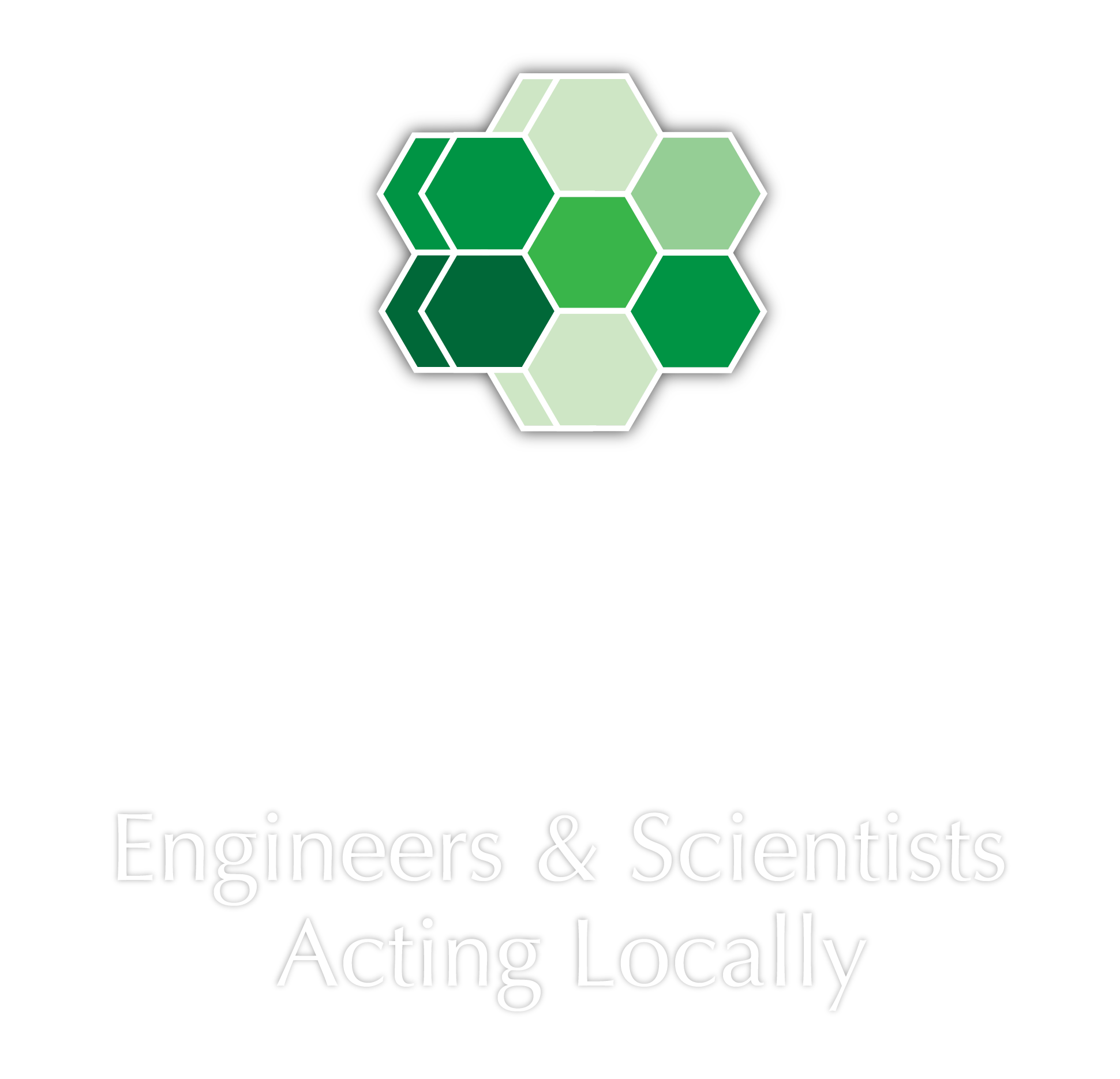ESAL spoke with pioneering artificial intelligence researcher and educator Kiri Wagstaff about her roles as a Special Advisor on Artificial Intelligence for the Oregon State University Libraries and instructor of a graduate course on applying AI to real-world challenges.


